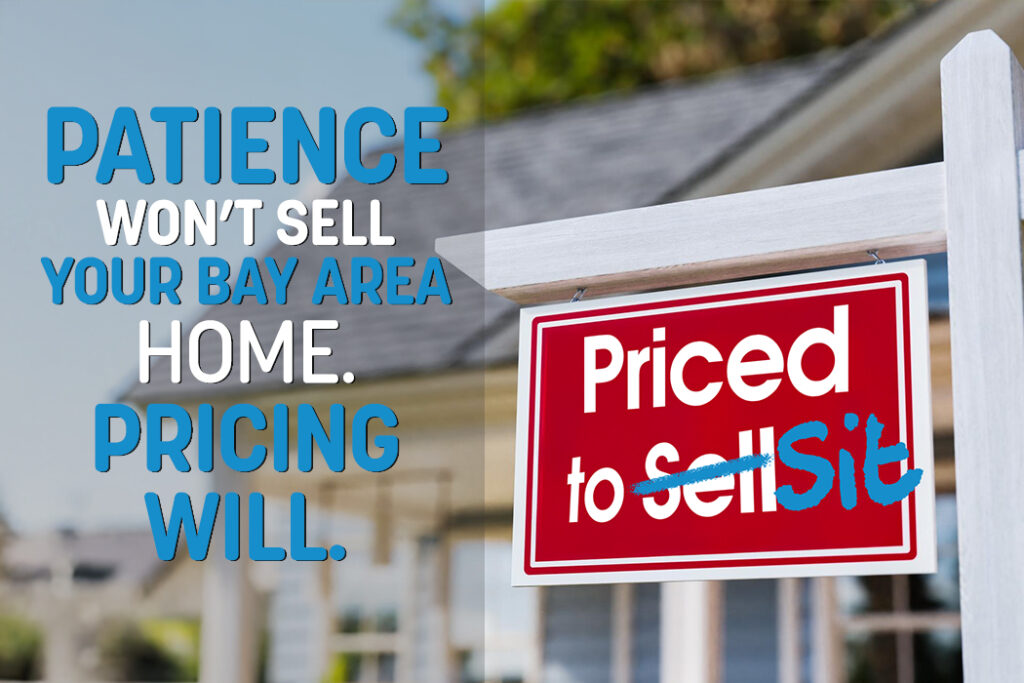
Patience Won’t Sell Your Bay Area Home. Pricing Will.
If your Bay Area home is sitting on the market without offers, it’s probably not patience you need – it’s pricing.
For years, homeowners in Marin, San Francisco, the East Bay, and beyond have seen homes sell quickly, often with multiple offers well over asking. But the market has changed. Today’s buyers are more price-sensitive, and inventory levels are higher than they’ve been in recent years. That means homes aren’t flying off the market in a weekend anymore.
According to Realtor.com, the typical U.S. home spent 60 days on the market in August – seven days longer than last year, and now above pre-pandemic norms for the second month in a row. We’re seeing that reflected here in the Bay Area, too. Homes are taking longer to sell, not because there aren’t buyers, but because many sellers are clinging to yesterday’s prices.
The Psychology of Overpricing in the Bay Area
Many sellers believe overpricing “leaves room” for negotiation. In reality, it leaves you stuck. Here’s how it usually plays out:
Days 1-30: Buyers or other Realtors assume you’re overpriced and don’t even schedule a private showing or attend public open houses.
Days 31-60: A few buyers trickle in but assume something must be wrong – otherwise, why hasn’t it sold?
Days 61-90: Your home becomes “that listing” agents use as a comparison point for better-priced homes nearby.
Day 91+: The property turns radioactive. Even if you drop the price, buyers wonder what you’re hiding.
Meanwhile, the home that was priced correctly? It is much more likely to generate strong interest right away, often with multiple offers coming in within the first week or two.
The Bay Area Market Has a Memory
Every day your property sits on the market is documented. Every price reduction is public. Instead of looking “flexible,” overpricing often makes you appear unrealistic. And ironically, sellers who hold out often net less in the end than if they’d priced competitively from the start.
The carrying costs – mortgage, taxes, insurance, utilities – plus the stress of months on the market can eat into your bottom line faster than you realize.
Red Flags That Your Bay Area Home May Be Overpriced
If you’re unsure whether your price is in line with today’s Bay Area market, watch for these signs:
Few or no showings
No disclosure requests from interested buyers
Negative feedback after showings
No offers, or only lowball offers
Days on market creeping above the average in your neighborhood
Any one of these is a clue. Two or more is the market shouting at you to adjust.
Pricing for Today, Not Yesterday
The Bay Area market of 2021-2022, when buyers lined up for almost anything, is gone. Today’s buyers are choosier, and they have options. If your home isn’t priced in line with comparable sales and other nearby homes that are in contract / pending, they’ll skip it without a second thought.
The good news? A timely price adjustment – sometimes even a small one – can reignite interest and bring serious buyers back to the table.
Why Now Is the Right Time to Reevaluate Your Price
The Fed is meeting this week, and many in the market are confident that a rate adjustment is coming – with more to follow later this year and into next year. While lower mortgage rates can help improve buyers’ purchasing power and even bring new buyers into the market, those rate cuts alone will not make an overpriced home look more attractive.
Instead, smart sellers should use this positive news as an opportunity. By making a price adjustment now – especially if you are seeing red flags like limited showings or no disclosure requests – you give buyers a fresh reason to revisit your home at the same time their borrowing power is improving. That combination can create the urgency needed for a competitive offer and a successful sale.
Bottom Line for Bay Area Home Sellers
Patience won’t sell your Bay Area home. Pricing will.
If your listing isn’t moving, it’s not because the “right buyer” hasn’t come along yet – it’s because the market is telling you something. The solution isn’t to wait it out, it’s to respond.
Work closely with your Bay Area Realtor to track activity (or lack of it), evaluate buyer and agent feedback, and make adjustments in a timely way. Price your home right, and let competition drive the offers up – instead of watching isolation drive your price down.
Source link

